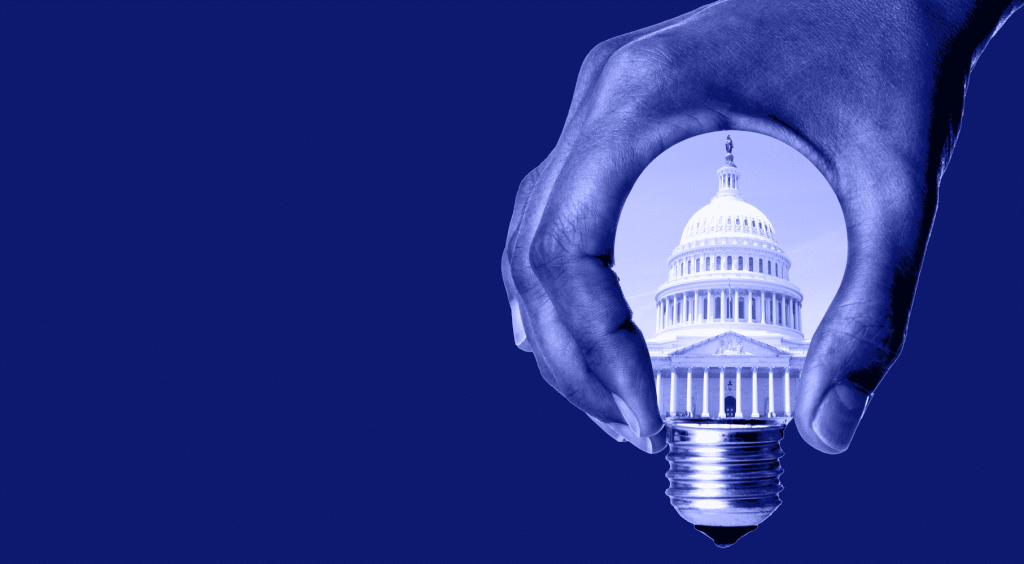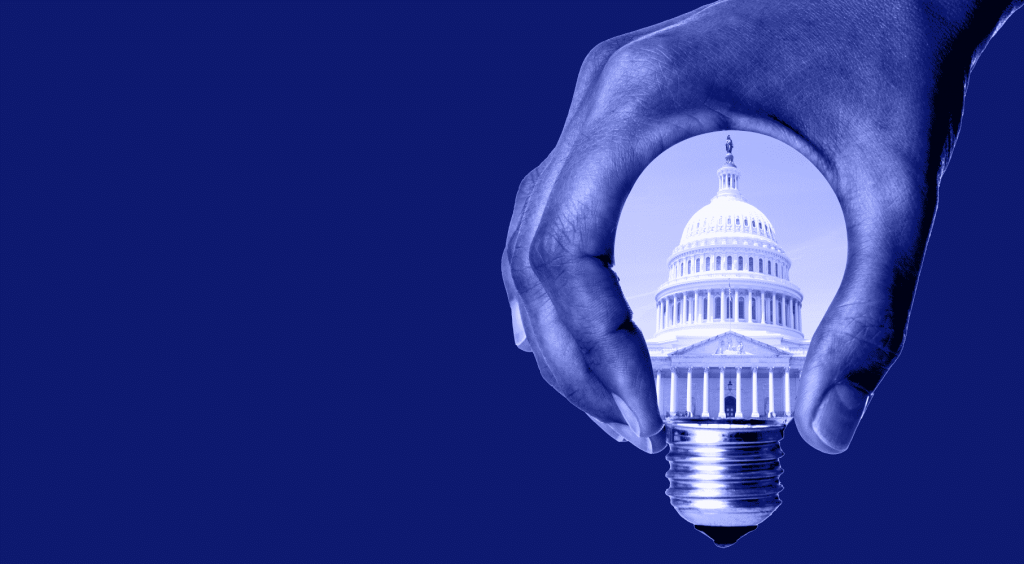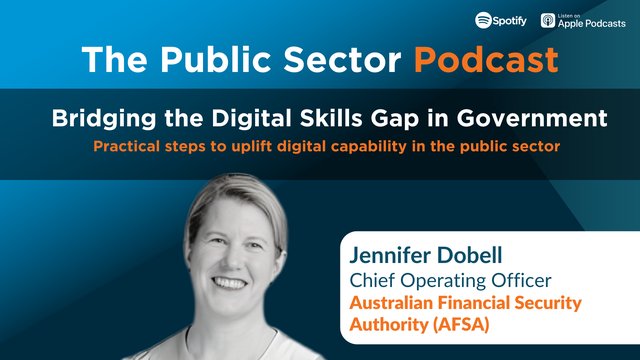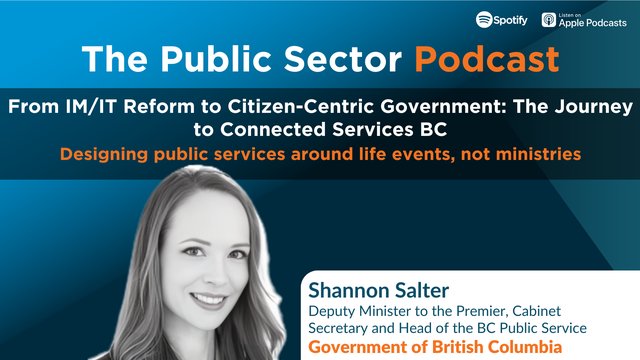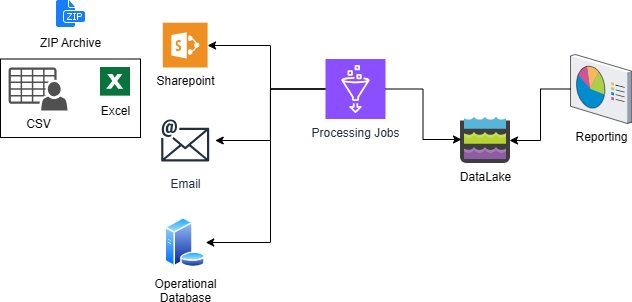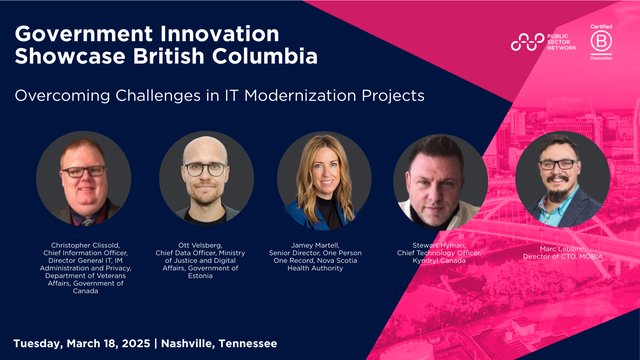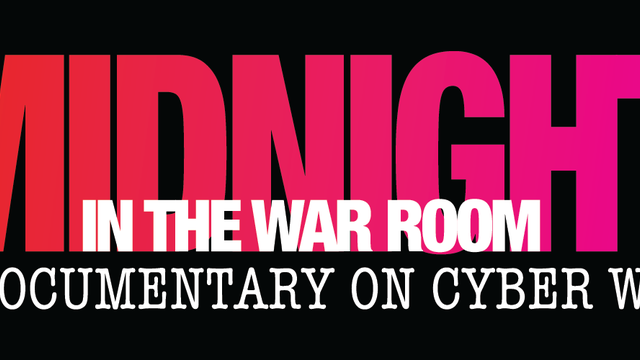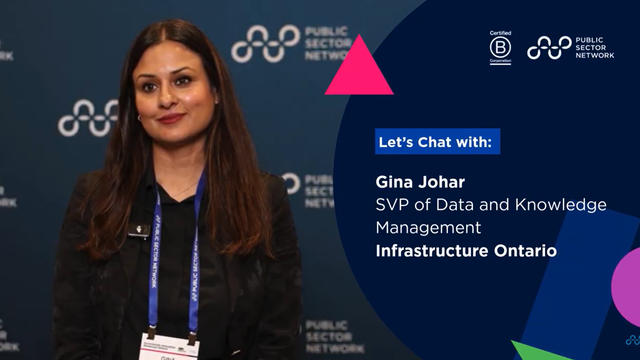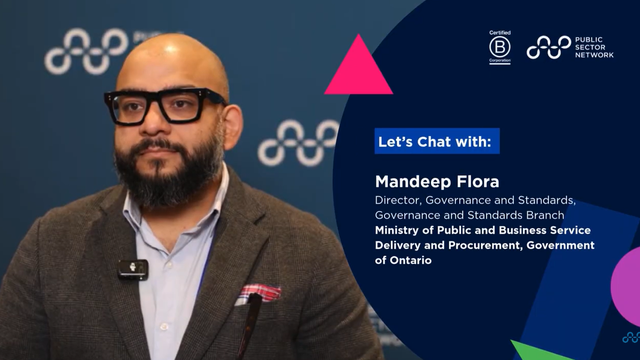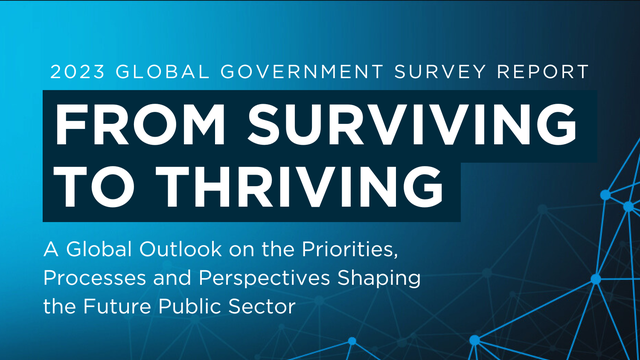Ahead of her session at PSN's Government Innovation Federal virtual event on December 8th & 9th, we sat down with Karen Howard for an exclusive interview to find out more about her initiatives at the IRS, her experiences as a woman in tech, advice for those following in her footsteps, and much more.
Q1:
Please tell us a bit about what you do, how you got there, and what you love about your work?

As head of office, executive director of the office of online services for the IRS, I provide strategic leadership to a fantastic team of 100+ digital subject matter experts who collaborate with internal and external stakeholders to deliver digital services through the irs.gov website to continuously improve the taxpayer experience and assist taxpayers in meeting their tax obligations.
I joined the agency in august of 2020, mid pandemic. I was recruited from a 35+ year career in the private sector, spending the last half of that career focusing on improving the online shopping and engagement experience in the retail, manufacturing, and financial space.
I love that my entire career, private and now public sector, has always been centered on understanding the people we are serving and driving innovative ways to make their experience at every contact point more enjoyable. I have always been in a “behind the scenes” service centric role, and that brings me joy because the gratification of the customer is instant and easily measurable. You know right away if you have delivered to their expectations or fallen short – in both cases I have learned and continued to improve.
Q2:
As a woman and as a leader who has spent much of your career in the private sector, how have you seen things evolve in terms of diversity & inclusivity since your career first began? Where do you feel there is still room to improve and how do the public and private sectors differ?
The evolution of equity, diversity and inclusion (EDI) has evolved dramatically during my career. The sheer definition has evolved from being just about race, gender, religion, and ethnicity to now “include” so many more critical variations that contribute to each person’s individuality. I am super excited experiencing the evolution from a “compliance” activity to the DNA and culture of organizations. This is super exciting to watch and experience as it opens-up worlds of opportunity for all and innovation for organizations. A “belonging” culture breeds a sense of pride and contribution that organizations of the past have struggled with – and in a lot of cases, has been their ultimate demise. I love that in my career I have helped organizations and people reinvent themselves and figure out how to harness value and grow talent from the diverse teams we lead.
There has been so much progress in this area with the private and public sectors, but there is still much more work to be done especially in areas beyond those that are traditionally recognized as focuses of conscious biases. I absolutely love the evolution of environments where organizations are recognizing and having open and safe discussions around conscious and unconscious workplace biases. We are making positive strides in areas where people can be unapologetically their “professionally authentic selves” and am excited to see the gap closing between the public and private sectors.
Q3:
What initially made you gravitate towards technology as a career choice? What continues to drive your passion for this and how does that continue to manifest itself today?

The short answer is NECCESSITY. Technology was an area I struggled with in college and felt that in retail merchandises and operations, I would never need technology --- there would be “people” who would take care of this for me. Boy was I wrong. This was an area I had to gravitate towards if I had a chance of staying relevant and marketable in this space while continuing to advance my career. This is one of the many ways I have had to reinvent myself. Retail began to move in the digital direction in the mid 1990’s with ecommerce – that is when my technical foray began. Then came multichannel then omnichannel and now unified commerce --- all centered-on transacting and engaging through computer (IOS) devices. I can’t image where I would be in my career, or if I would even have a career, if I remained stuck in my college mindset around technology.
The ability to learn something new or a new way to do something with technology drives my passion in this space. Technology is everchanging and moves fast --- so I am constantly interacting with various networking groups, reading and learning about the next great thing and deciding if it works for what the organization and customers need. The constant changing, adapting, improving, and learning invigorates me and, in many ways, keeps me mentally modern and young. 🙂
Q4:
How has the COVID-19 pandemic impacted your outlook and approach to your work? What key lessons have you learned that you have applied?
The COVID – 19 pandemic took the world by storm and honestly, caught many world leaders off guard. It has impacted everyone’s outlook and approach to work in a positive way. I personally have worked remotely and managed remote teams successfully prior to the pandemic. But observing companies who have traditionally felt that it was not right for their organizations realize that people are more resilient and adaptive then they may have been given credit for. Employees can deliver results in the face of a crisis and come out on the other side stronger and more productive because of it. Organizations are now looking at how they can incorporate their pandemic learnings into enhancing the quality of life for their employees. They are exploring more flexible work models, leaning into their EDI initiatives to recognize more lifestyle personas, and offering working models that balance the needs of the business and their workforce. The biggest win is the recognition that “one size does not fit all” and people thrive in an environment of choices. My approach to my work and how I work with my team supports flexibility, individuality and choices based on the nature of their role and the needs of the business.
Q5:
Who is one woman who has been a strong role model for you in your career? Can you explain why, and how, they inspired you or helped you succeed? Concurrently - Why is it important to be a role model for other women in the technology field?
This question comes up a lot and I always struggle to answer it. But if I am completely honest there is not “one woman” who has been a strong career role model for me. There are many that have influenced me in various stages of my life and in my “reinvention” phases that I mentioned earlier. There are so many sides of me and so many phases of my life - within each of my “sides” and “phases” there have been several women that I have modeled myself after. Some don’t even know that they were a role model for me. It is important to remember that role models come in many form. They are not necessarily public figures, famous people, relatives, etc. They are everyday women doing everyday things that I aspired to do at that time in my life.
I giggle when I am told I am a role model in this space, because it took me a while to see myself as that. It is important to be a role model for women in this field because we need more women in this traditionally male dominated space. Women bring a different perspective that, along with the perspective of men, drive innovation and success. This again is why EDI cultures are so important. They recognize the power of variety in voices and experience that drives ultimate success.
Q6:
What advice would you give to the younger generation of women pursuing a career in technology and more broadly within public service? What is one piece of advice you wish someone had shared with you when you were beginning your career?

There is a saying “Make One Take One” that I like to refer to when speaking to younger generations of women pursuing a career in technology. We need to look to each other to close the gap of women in this field. As you succeed, reach back and pull up another woman. Don’t be discouraged if you are the only one, or one of just a few women in the room, be part of the solution by recruiting and hiring more women to succeed in the ranks.
The one piece of advice I wish someone had shared with me early in my career was that my career path will not be a straight path, it will take lateral steps, downturns and multiple plateaus that will ultimately get me to my end game. Trust the process and my progress because for every step sideways or back, I will take 2-3 steps forward. Additionally, never be afraid to step to a challenge or reinvent yourself to progress - doing so will ultimately pay off personally and professionally.
